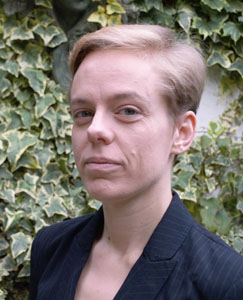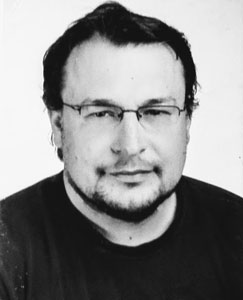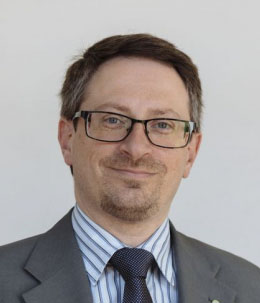The entire world is reeling from the coronavirus crisis. While the social and economic consequences are ongoing and dire, scientific expertise has gratifyingly regained its value and research into the virus is moving forward at a phenomenal pace.
One area in particular has achieved almost unprecedented importance, namely that of epidemiological modeling. In an online symposium, three YAE members – Helen Stagg from Edinburgh in Scotland, Gergely Röst from Szeged in Hungary, and Marco Paggi from Lucca in Italy – share their research into the COVID-19 pandemic.
The symposium will take place online on Wednesday, 22 April 2020, at 4-6 pm (CET), and is organized using open source tools and servers located in Europe. To ensure sufficient video streaming resources, free registration is mandatory at: https://meetings.yacadeuro.org/e/covid19

Event website: http://yacadeuro.org/yae-symposium-on-covid-19

Speakers#
Helen Stagg (University of Edinburgh, Scotland):COVID-19 – when infectious disease epidemiologists became rock stars
Epidemiology is defined as ‘the study of the distribution and determinants of health-related states or events (including disease), and the application of this study to the control of diseases and other health problems’ (World Health Organization). Before early 2020, epidemiologists had little profile in the public consciousness; few of us had avoided being confused with a layer of the skin. Yet, as COVID-19 marched relentlessly around the globe, awareness of the importance of good data, disease surveillance, and informed evaluations of control strategies, has grown substantially. In this talk, I will discuss some of-the-minute questions in COVID-19 research and the public health response, explaining why things are never as simple as they seem at the interface between biology, maths, and populations.
Helen Stagg (FYAE March 2020) is an Associate Professor of infectious disease epidemiology at the University of Edinburgh’s Usher Institute. She has worked as a consultant for national and international policy making bodies including NICE, ECDC, and the WHO.
Gergely Röst (University of Szeged, Hungary):
Mathematical modelling of COVID-19 outbreaks: impossible, but essential
In this talk, I summarize the efforts for the mathematical modelling of COVID-19 in Hungary, and its role in policy and decision making. Major challenges include scarcity of good quality data, limited biological understanding of the behaviour of the virus, unpredictable responses from governments and society, and lack of time for careful analysis. While the predictive power of epidemiological models in this unprecedented situation is lower than usual, they provide essential tools for navigating through this uncharted territory.
Gergely Röst (FYAE November 2017) is an Associate Professor of mathematics at the University of Szeged’s Bolyai Institute. He works actively for the public understanding of applied mathematics, with a special focus on infectious disease dynamics. He is currently advising the Prime Minister of Hungary on the COVID-19 pandemic.
Marco Paggi (IMT School for Advanced Studies, Italy):
Simulation of Covid-19 epidemic evolution: are compartmental models really predictive?
Computational models for the simulation of the severe acute respiratory syndrome coronavirus 2 (SARS-CoV-2) epidemic evolution would be extremely useful to support authorities in designing healthcare policies and lockdown measures to contain its impact on public health and economy. In Italy, the devised forecasts have been mostly based on a pure data-driven approach, by fitting and extrapolating open data on the epidemic evolution collected by the Italian Civil Protection Center. In this respect, SIR epidemiological models, which start from the description of the nonlinear interactions between population compartments, would be a much more desirable approach to understand and predict the collective emergent response. The present talk addresses the fundamental question whether a SIR epidemiological model, suitably enriched with asymptomatic and dead individual compartments, could be able to provide reliable predictions on the epidemic evolution. To this aim, a machine learning approach based on particle swarm optimization (PSO) is proposed to: (i) automatically identify the model parameters; (ii) judge about the sensitivity of model forecasts depending on the size of the dataset used for model training. Examples concerning the Covid-19 epidemic in the Italian Regions are provided.
Marco Paggi (FYAE 3/2014) is Full Professor of Computational Mechanics at IMT School for Advanced Studies Lucca, Italy. His research interests focus on modelling and simulation of complex systems and on the development of numerical methods for the solution of coupled problems, with special regard to reaction-diffusion systems.




